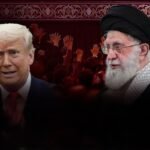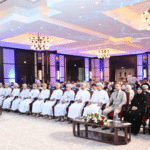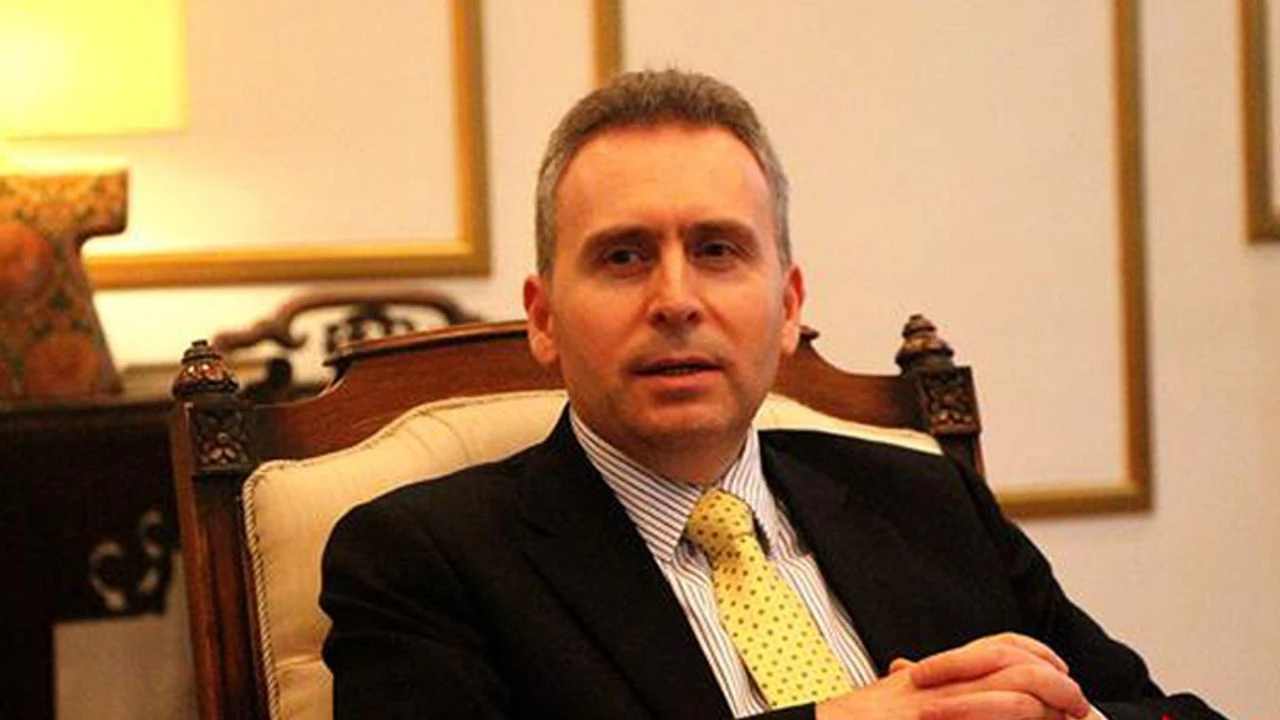
By Mohammad Tarique Saleem
The appointment of H.E. Ali Murat Ersoy as the new Ambassador of the Republic of Turkey to India comes at a critical juncture in the evolving relationship between the two nations. With decades of diplomatic experience and a nuanced understanding of geopolitical dynamics in South Asia and the Middle East, Ambassador Ersoy is stepping into a complex role that demands a fine balance of diplomacy, pragmatism, and vision.
Turkey and India have shared cordial relations since the early decades following their respective independence. The legacy of Mustafa Kemal Atatürk’s secular reforms and India’s non-aligned movement once provided strong common ground. Over the years, trade, cultural exchanges, and diplomatic cooperation have flourished, with bilateral trade reaching over $10 billion. However, recent geopolitical shifts, particularly the heightened tensions between India and Pakistan, have placed the relationship under considerable strain.
The aftermath of the India–Pakistan conflict in early 2025, widely referred to as “Operation Sindoor,” presented a major diplomatic challenge. Turkey’s open support for Pakistan, including defense cooperation and public endorsements, was met with sharp disapproval from New Delhi. The Indian government responded by suspending certain business operations of Turkish firms, including the revocation of security clearance for Turkish ground-handling company Çelebi Aviation. Simultaneously, consumer-led boycotts of Turkish products began gaining momentum across several Indian cities.
Amid this backdrop, Ambassador Ersoy’s foremost challenge is to rebuild trust. During a Roza Iftar event earlier this year, the outgoing Turkish diplomat had mentioned that a new chapter in Turkey–India relations would begin soon. Now, that responsibility rests squarely on Ersoy’s shoulders. His first steps involve re-establishing diplomatic goodwill in New Delhi and reassuring Indian authorities of Ankara’s interest in maintaining sovereign respect and cooperation.
One of the more enduring obstacles to normalized ties remains Turkey’s continued solidarity with Pakistan, especially on the Kashmir issue. President Recep Tayyip Erdoğan’s statements at international forums have often mirrored Pakistan’s stance, particularly in the Organisation of Islamic Cooperation (OIC). India views this as interference in its internal affairs and expects neutrality, at the very least, from its international partners. Ersoy will need to manage these expectations carefully, perhaps urging a more restrained and balanced narrative from Ankara.
On the economic front, both nations have much to gain from renewed cooperation. Sectors like pharmaceuticals, textiles, information technology, and infrastructure present mutual opportunities. Turkey’s interest in becoming a part of BRICS, which includes India as a key member, also opens new avenues for negotiation and alignment. Meanwhile, cultural diplomacy remains a powerful tool in Ersoy’s arsenal.
Educational partnerships, tourism, and joint initiatives in art and cinema could help mend public perception and foster people-to-people connections. The future of Turkey–India relations, while currently clouded by mistrust, is far from bleak. Both countries are rising powers with strategic autonomy, rich histories, and global ambitions. If Ambassador Ali Murat Ersoy can successfully shift the focus away from differences and towards shared interests, he may well be remembered as the architect of a renewed and resilient partnership between Ankara and New Delhi.









